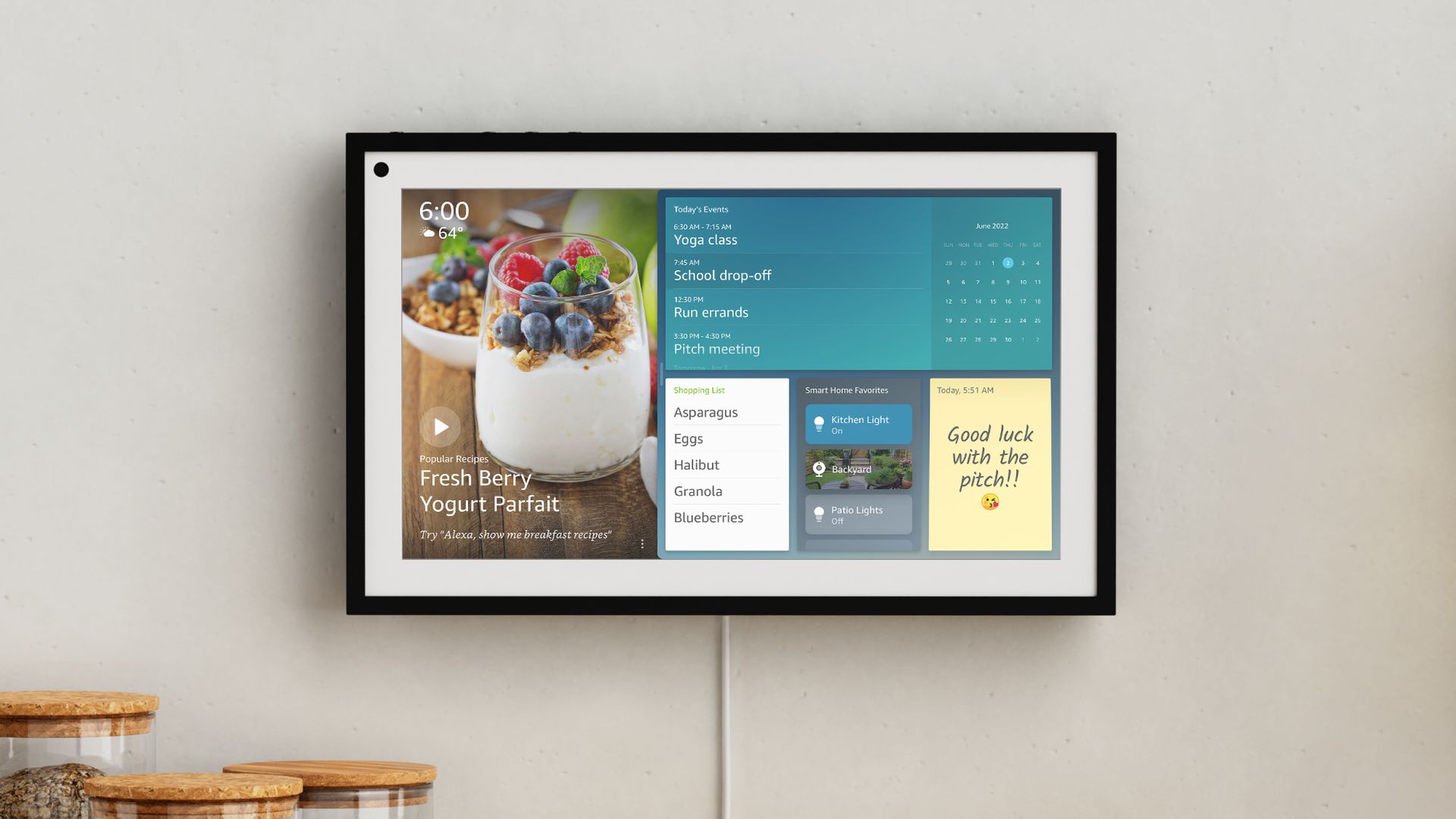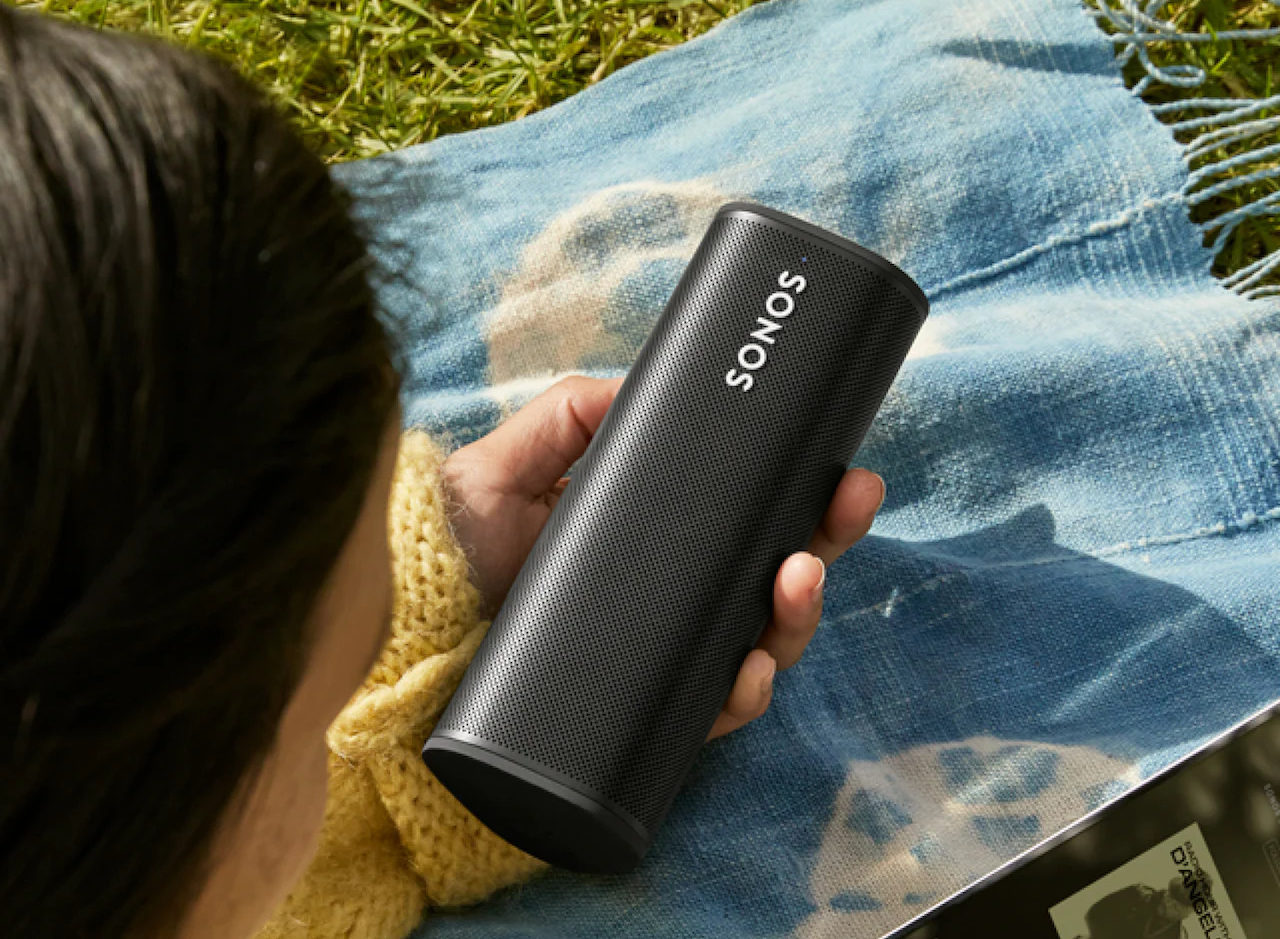Affiliate links on Android Authority may earn us a commission. Learn more.
Alexa vs Google Assistant: What's different, and what's better?
Published onJanuary 8, 2025
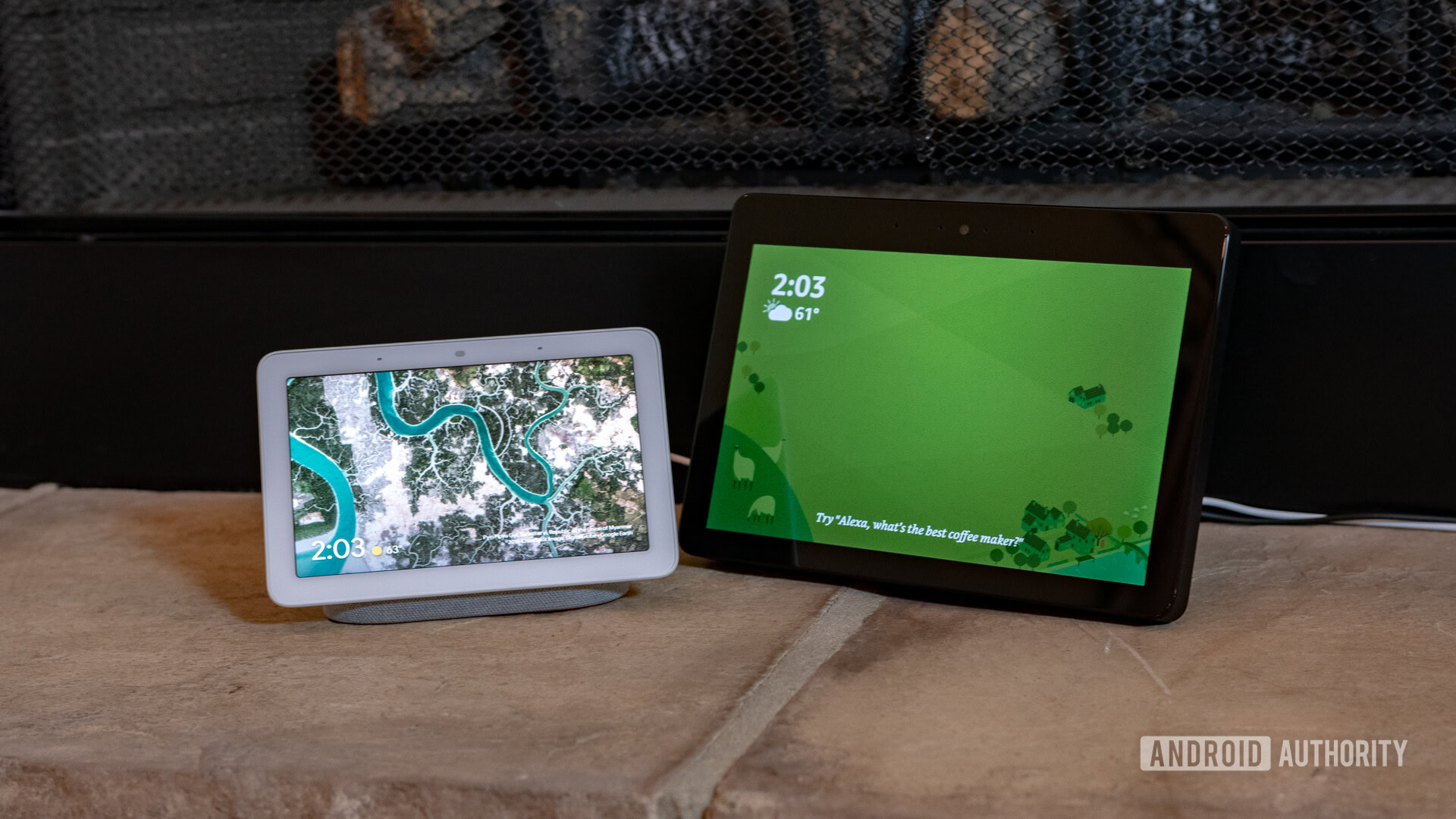
In the smart home world, and digital assistants in general, there are only two major platforms if you’re not using Apple devices: Amazon Alexa and Google Assistant (which links with Google Home). Microsoft and Samsung do have their own creations, but Cortana is effectively dead outside of Microsoft 365, and while Samsung’s SmartThings platform is competent, few people are fans of the company’s Bixby assistant.
This guide will explain the core differences between Alexa and Google Assistant, and which one you should choose for a smart home ecosystem versus your phone.
Note that Google Assistant has been somewhat replaced on mobile devices by Gemini, an LLM “AI” chatbot developed by Google. Gemini has a lot of advantages worth considering, but you can still opt to use Google Assistant, which is still found in Google’s smart home products. Over time, Google Assistant is expected to be phased out, starting with upcoming Android XR devices.
Core differences
Responsiveness
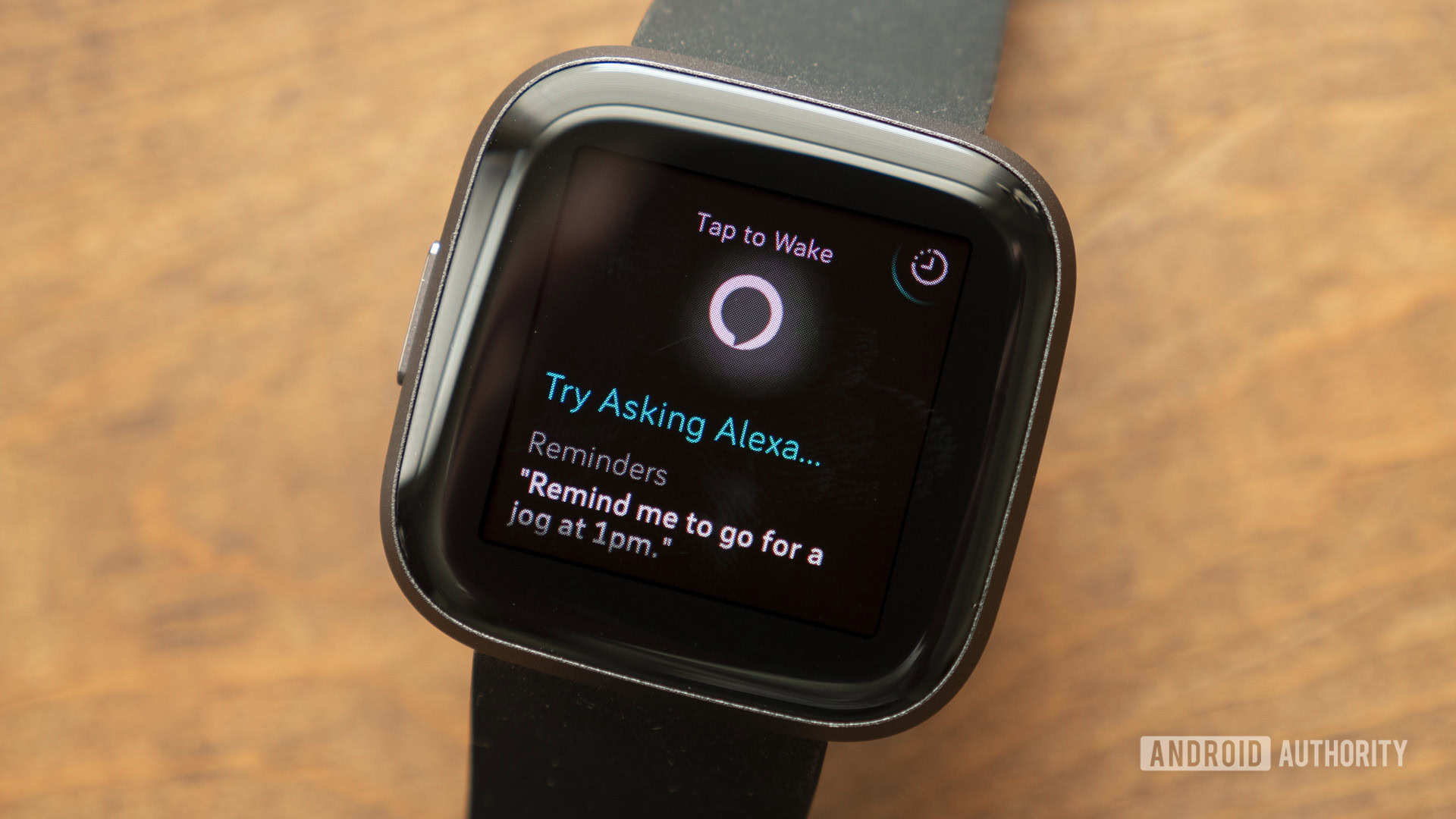
As a rule, Alexa requires specific command phrasings to be understood. Amazon has done a good job accommodating alternate phrasings — “turn the volume to 10” accomplishes the same thing as “set the volume to 100%,” for a basic example — but there’s still the potential for it to get confused if you get creative.
Google Assistant does better at context.
Google Assistant isn’t going to pass for human, but it does better at context. If you have accessories named “TV Light 1” and “TV Light 2,” for example, and ask the Assistant to “turn off the TV lights,” it understands what that means. Alexa requires creating a “TV Lights” group for the same effect, and if you try an alternative like “turn off the Living Room lights,” it may turn off every device in that group, not just lights.
One area Alexa does win in is with wake words. Whereas Google Assistant is limited to “OK Google” or “Hey Google,” Alexa offers its namesake as well as “Computer,” “Echo,” “Amazon,” or “Ziggy.” That may not sound like a big deal, but choosing alternate words can avoid accidental triggers, and sometimes “Google” is surprisingly hard to pronounce, coming out as a gurgling sound instead. In the future, this is expected to be replaced by Hey Gemini.
Skills and actions
Alexa has a huge array of add-on abilities, which Amazon dubs “skills.” Many of these are mandatory if you want to use a particular product or service, such as LIFX, NPR, or Spotify. These can however add entirely unique functions, such as Big Sky‘s ultra-detailed weather reports. You may sometimes have to “ask” or “open” a skill to do something if a function type isn’t baked into Alexa.
Google Assistant has an equivalent called “actions.” Numerically there are more Alexa skills, but you won’t find any serious deficiencies in Assistant. The latter is also the only one of the two with native YouTube integration, unless you’re using Alexa on a device with Fire TV such as the Echo Show 15. On other Echo Show displays you can only open YouTube in a web browser, never mind YouTube Music or YouTube TV.
Knowledge base
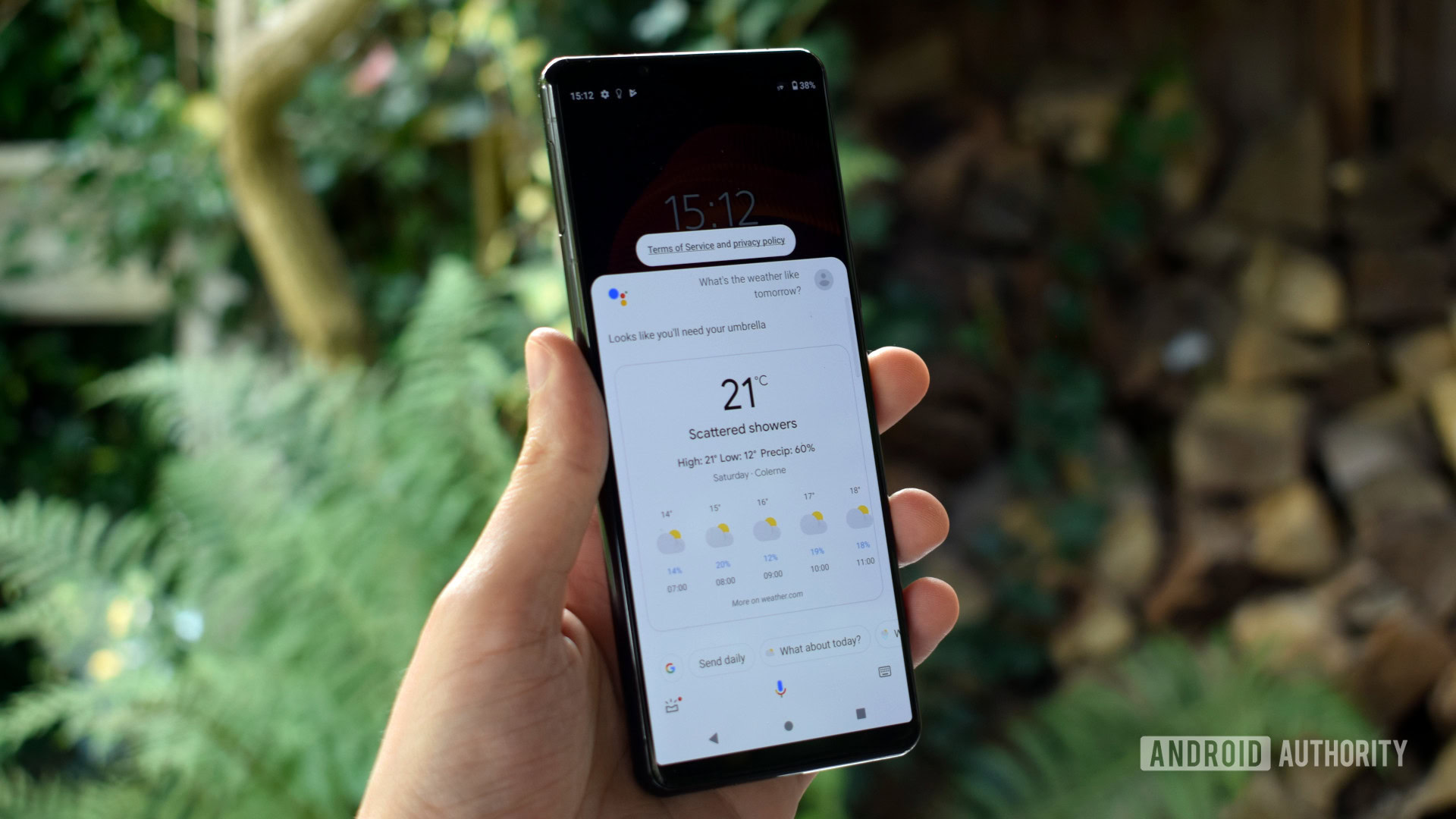
Alexa quickly answers common questions, like the distance to the sun or the name of Canada’s Prime Minister. When that’s not enough, it can fall back on services like IMDb (which Amazon owns) or Wikipedia, although there are some gaps in its wisdom.
When it comes to answering anything and everything you can think of, Assistant is king. The reason, of course, is Google Search, which effectively grants Assistant the world’s collective knowledge. There’s also its linkage with Google Maps, though Alexa can still provide things like commute times and business hours.
Some skepticism is called for with Assistant answers. While Google’s sources are usually reliable, obscure questions could force it to scrape from random web pages, producing weird or outright inaccurate answers. The problem is rare enough, however, that you might never run into it.
With the launch of Gemini and Gemini Advanced, Google is now offering generative AI, but there are some big catches. It doesn’t have as many integrations as Google Assistant (yet), although it can search the web for more accurate results. Gemini is the default assistant on all Pixel phones starting with the Pixel 9 series, although you can still swap back in the settings if you’re not happy with the results.
Multiple commands
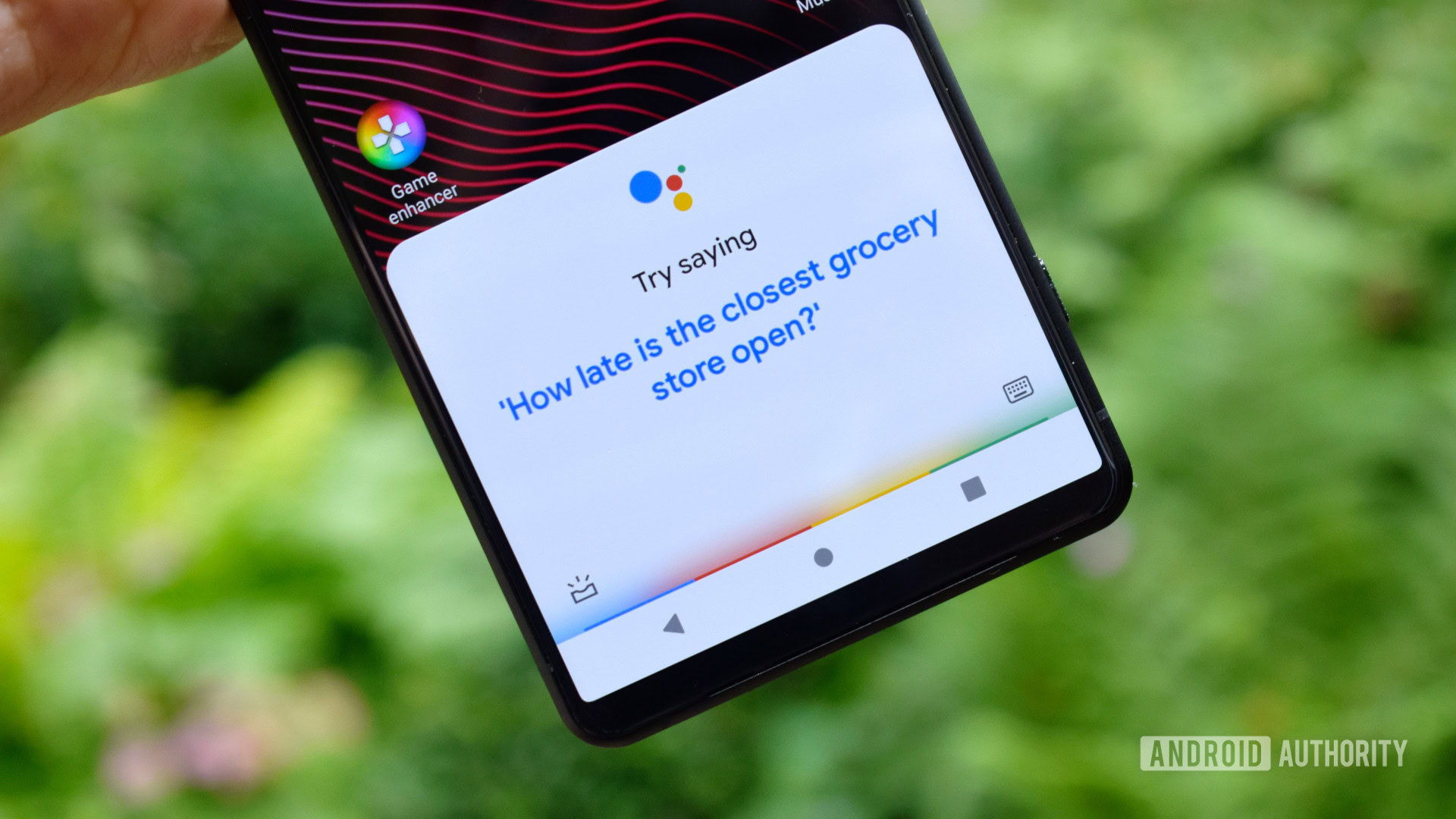
Another area where Google reigns is in multiple voice commands. While it’s best to keep things short and sweet, you can often combine two commands in the same sentence, for instance by saying “set the volume to 5 and play NPR” or “turn on the Bedroom and Bathroom.” It’s a time-saver that feels very natural.
Assistant additionally offers an option called Continued Conversation, which lets you drop “OK/Hey Google” from the front of follow-up commands — it simply waits for 8 seconds or verbal confirmation before deciding a conversation is done. It only works in English, and you have to activate it separately for Android (via the Google Search app) and your smart speakers and displays (via the Google Home app).
For whatever reason, Amazon has yet to catch up. Alexa does have a Follow-Up mode, but you have to manually enable it for each device, and there no way of combining two commands per sentence.
Integrated services

As you’d assume, Amazon and Google default to first-party services whenever possible. That includes calendars, lists, reminders, music, and more. Alexa for example defaults to Amazon Music, while Assistant is hooked into YouTube Music. There are free versions of both of those, but you’ll need to pay up if you want to hear specific songs on-demand. Otherwise you’ll just get shuffled playlists or “stations” based on your requests.
Service access can vary from region to region. If you’re subscribed to Amazon Prime, a few US benefits include a mid-tier version of Amazon Music with added (but limited) on-demand playback, as well as access to Prime Video, and photo backup with Amazon Photos. You’ll have to pay extra for Amazon Music Unlimited features like spatial audio, high fidelity, and of course playing every track on-demand.
There’s no direct equivalent of Prime on Google’s side. Still, if you spring for YouTube Premium, you’ll not only get ad-free videos but access to YouTube Music Premium, which offers perks similar to Amazon Music Unlimited. You can subscribe to Music Premium on its own, but in the US, going full Premium costs just $3 extra per month, making it the better deal. Google Photos is free as long as you stay under your Google account’s 15GB storage threshold (or the additional 1TB if you have Google Fiber). You’ll have to buy a Google One subscription to expand that capacity.
If you're a diehard YouTube fan, you're going to want Assistant.
Some good news is that outside of photos, both platforms support plenty of third-party alternatives. They each allow Spotify, Apple Music, Deezer, and more for music, not to mention video services like Netflix. As we’ve suggested before however, if you’re a diehard YouTube fan, you’re going to want Assistant.
Whether you choose Alexa or Assistant, linking some preferred services can require extra steps. Take calendars — Assistant users need to import any third-party data into Google Calendar. Alexa supports linking outside calendar accounts directly, but you’re limited to Google, Microsoft, or Apple iCloud.
Google Cast
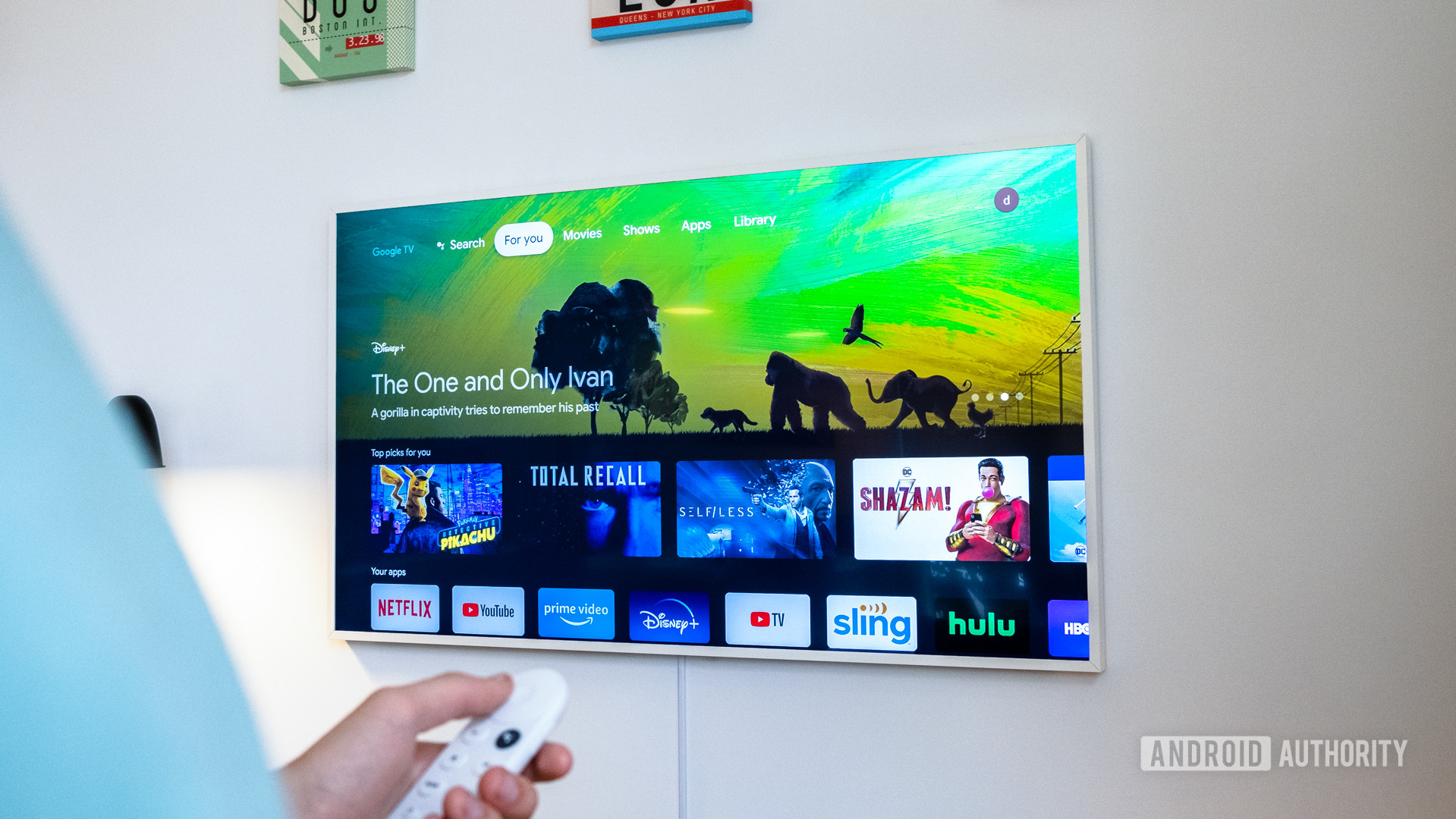
While Amazon’s platform offers ways of pushing media from your phone, computer, or tablet to something like a Fire TV, Google Cast is simpler, and an undeniable advantage of Assistant. Many modern TVs support Cast out of the box, and you can also push media to Chromecasts, select smart speakers, or Google-based smart displays.
For video specifically, Casting opens up more services on smart displays, and often makes it easier to control media on a TV since you’re using an app or voice controls instead of a remote. Alexa-based displays are usually limited to the web or whatever video apps are directly installed, and while Alexa can now control many TVs and media streamers, Assistant and Google Home are generally superior when they’re available. A large number of TVs now have Google TV pre-installed, which most people seem to prefer to Amazon’s Prime-focused Fire interface.
Within the limitations above, both Alexa and Google Assistant make it fairly easy to control media with your voice. For example, if you’re listening to music on one speaker, you can ask to move it to a different room or group so long as you remember its name in the Alexa or Google Home apps. It took a while, but Amazon eventually upgraded the Alexa app to provide Google-like speaker selection.
Calling
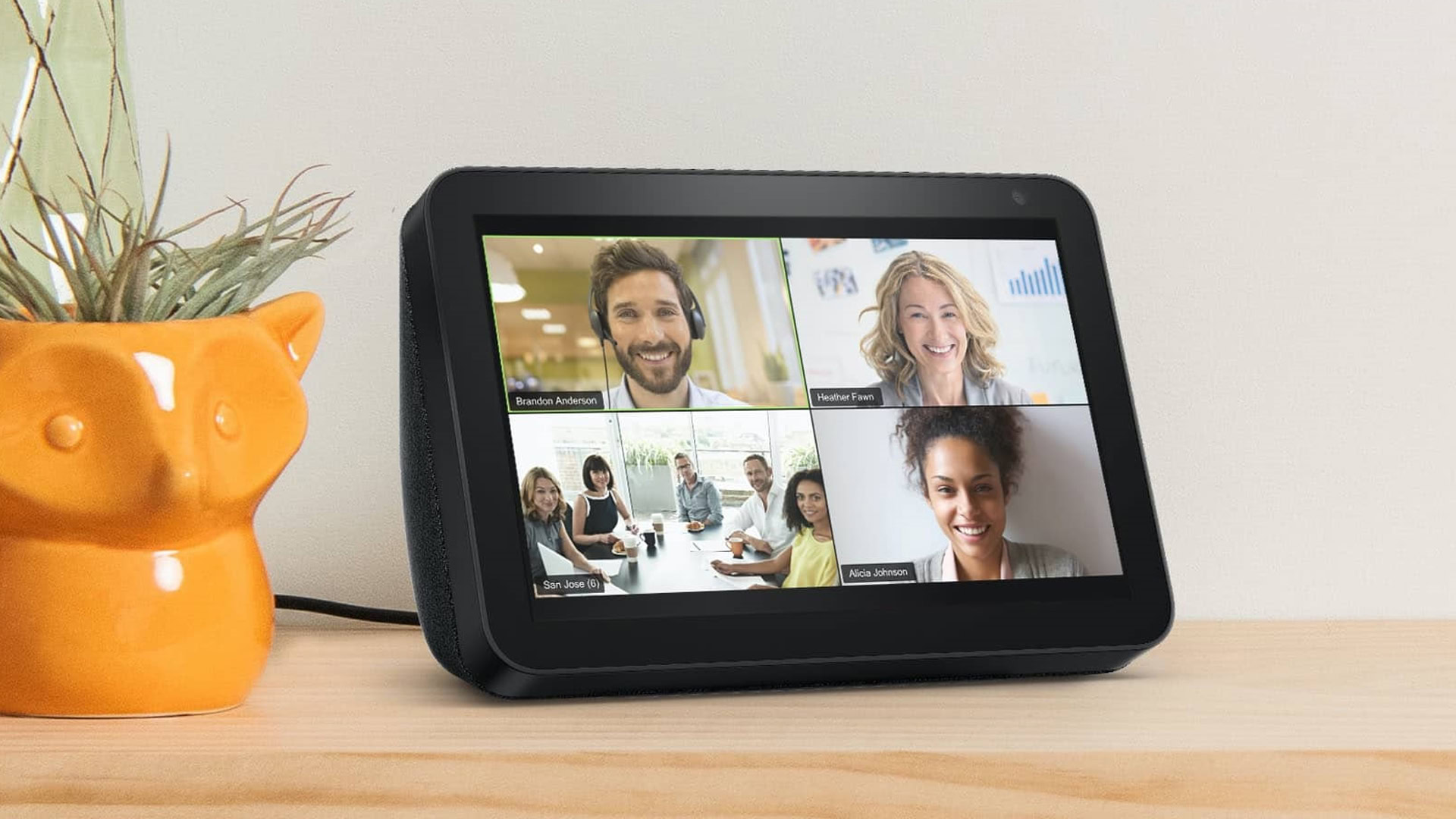
So long as you and the recipient(s) are in the US, UK, Canada, or Mexico, you can use Alexa speakers or displays to call most non-emergency mobile or landline phones. On top of this, Echo Show displays support video calls through Skype, Zoom, or Amazon’s own backend. When taking (or making) a call through that third option, people can use the Alexa app if they don’t have a Show.
Google Assistant is comparatively limited on smart speakers and displays, restricting calls to Google Duo or Meet (the two now being one and the same), Zoom, numbers in your Google Contacts (if you’re in the US or Canada, excluding territories), or one of a handful of carrier partnerships the company has worldwide. On your smartphone, though, Assistant is much more flexible and has a party trick: Google Duplex (now called “phone calls from Google Assistant”), which in supported regions can book some reservations for you or hold your spot in an automated phone system.
Languages
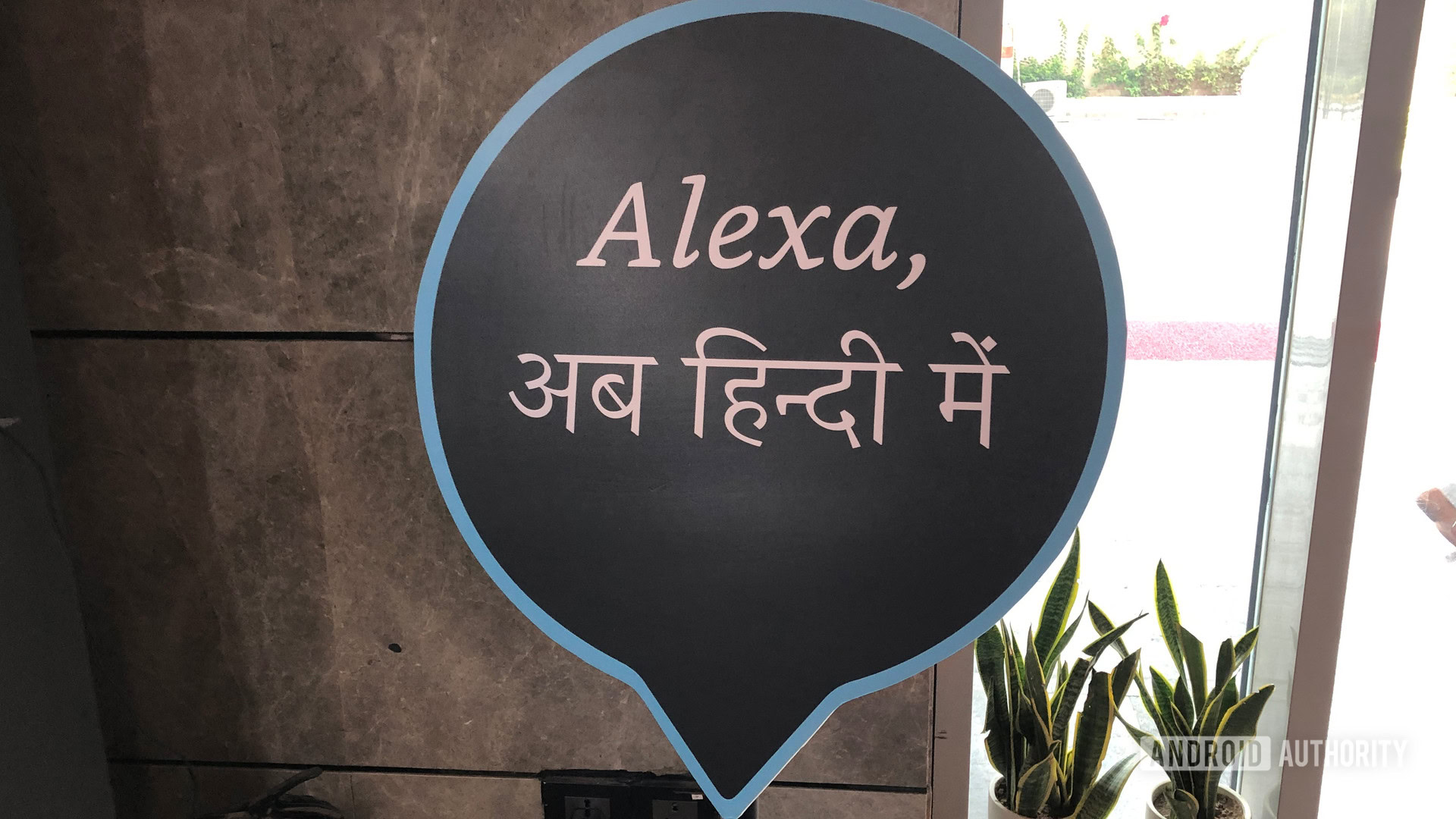
Currently Alexa can speak English, Arabic, French, Spanish, German, Italian, Hindi, Japanese, and Brazilian Portuguese. Alternate dialects may be available, and sometimes, multiple languages can be used simultaneously. In the US you can choose not just English or Spanish, but a combination of the two if you’re in a multilingual household.
Amazon does limit which languages are officially supported in each region. It’s possible to go outside these boundaries, but that’s unwise, since it can disable some Alexa features.
Depending on your region and device, Google Assistant supports English, Arabic, Bengali, Chinese (simplified and traditional), Danish, Dutch, French, German, Gujarati, Hindi, Italian, Indonesian, Japanese, Kannada, Korean, Malayalam, Marathi, Norwegian, Polish, Portuguese (Brazilian and original), Russian, Spanish, Swedish, Tamil, Telugu, Thai, Turkish, Urdu, and/or Vietnamese. You can enable up to three languages simultaneously, but you can’t use both in the same sentence, and those device restrictions can rear their heads arbitrarily. For instance, Canadians can use a Nest Hub Max in English or French, but the same display switches to English and Spanish in the US. Expect marginal language options on speakers and displays in general.
Supported devices and pricing
Each platform offers a variety of first-party speakers, displays, and other products. There are too many options to list here, though you might want to check out our platform guides (linked earlier) for some recommendations. Typically the companies charge similar prices, with frequent discounts on older hardware.
Google has one obvious advantage in that Assistant is integrated into most Android and Wear OS devices, as well as anything with Chrome or Android Auto. In contrast, you sometimes have to install or activate Alexa on a device if it’s not an Amazon product. Both assistants can be used on iPhones and iPads through relevant iOS apps.
Alexa tends to have a broader range of third-party speakers to choose from, even if you can still find a variety with Assistant. Third-party smart displays are increasingly rare. About the only Alexa support belongs to Meta Portal devices, and even Lenovo has pulled out of making Assistant displays.
As mentioned you can find Alexa and Assistant on many TVs, some with built-in microphones that eliminate the need to talk to a remote or separate speaker. In many cases we recommend that you rely on an add-on streamer.
Alexa vs Google Assistant: Which is better for a smart home?
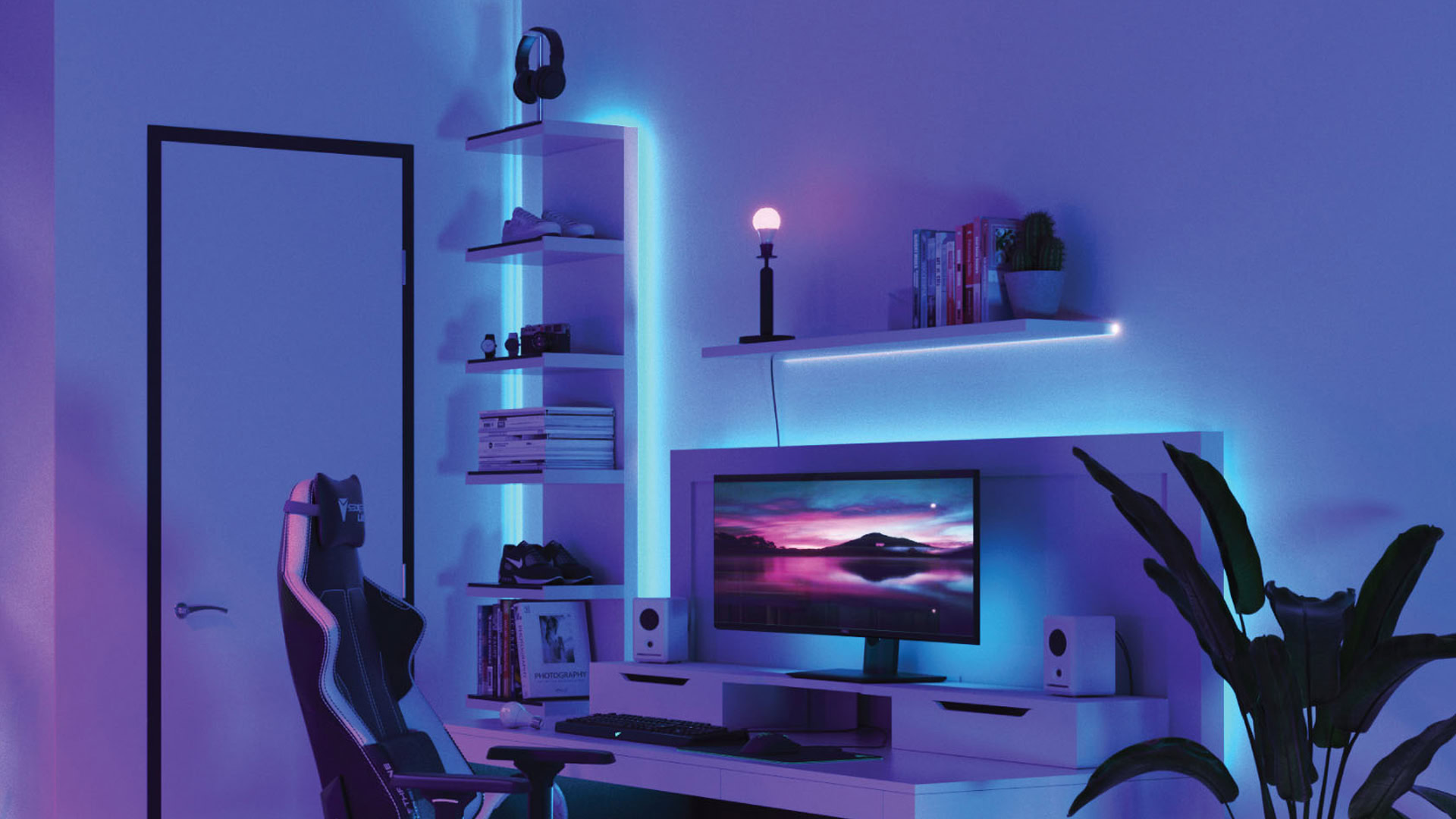
For most homes, Alexa is the safer bet. It has a larger number of compatible accessories and speakers, not to mention its skill library. Some Echo devices double as Zigbee hubs, allowing you to pair low-cost accessories from brands like Ikea and Sengled. Connected Zigbee products can automate with or without internet access.
The redesigned Google Home app is better than Alexa’s though, putting a well-designed dashboard up front and highlighting automations. And while both Amazon and Google have turned many devices into Matter controllers for universal pairing, the only Alexa device with support for Thread accessories is the 4th gen Echo. Google has two Assistant devices with both Matter and Thread, namely the 2nd gen Nest Hub and the Nest Hub Max.
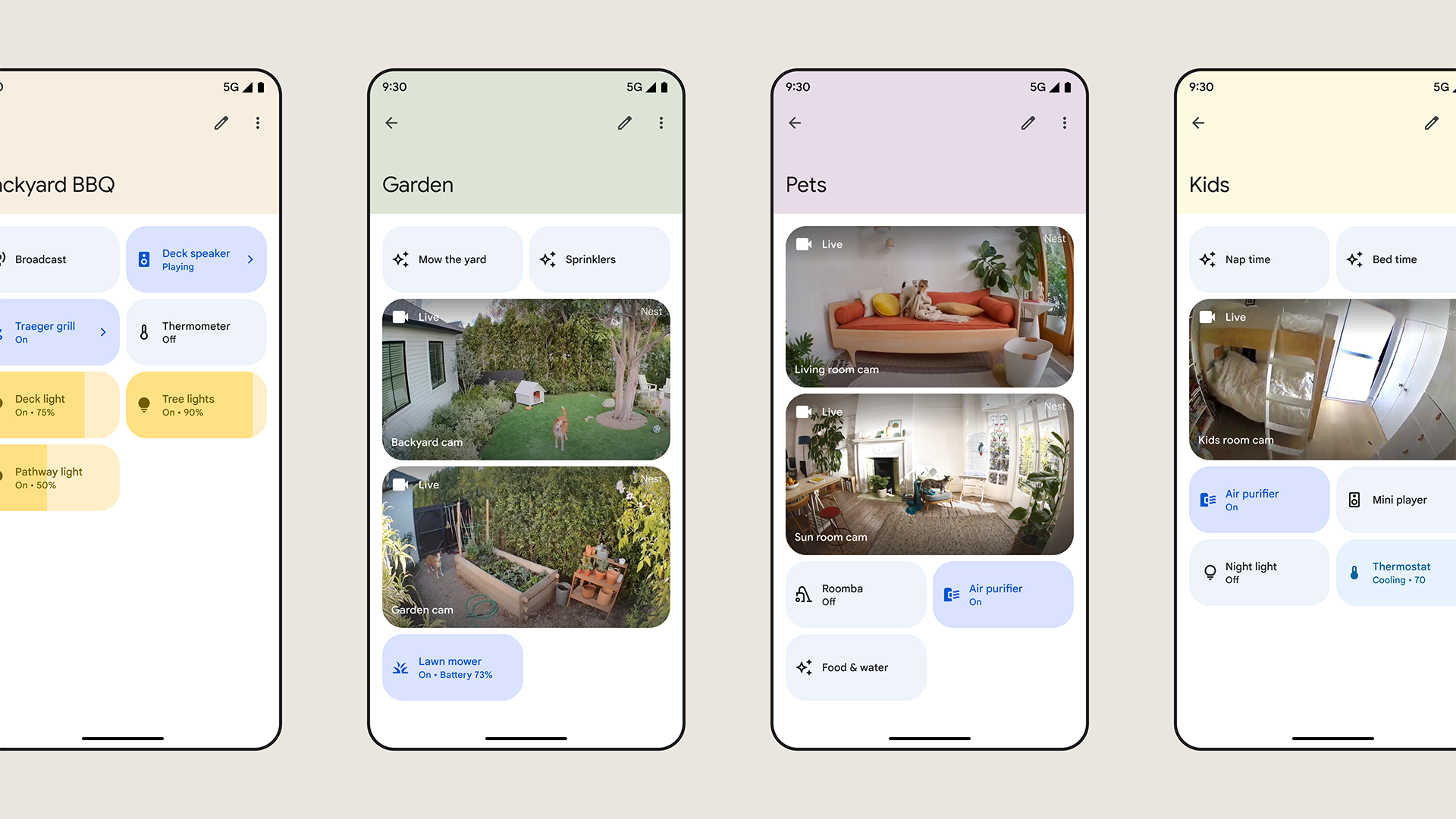
Ultimately, both platforms are workable, it's just a question of meeting your needs and preferences while dealing with the quirks.
Assistant is typically “smarter” than Alexa, as we’ve said, and if you’re an Android user, you have quick control of your home no matter where you are. You also get hooks for YouTube and Google Cast, which may be impossible to ignore for some people.
Ultimately, both platforms are workable. It’s just a question of meeting your needs and preferences while dealing with the quirks. Alexa once had an advantage when it came to the complexity of its automation routines, but Assistant is mostly caught up, and even ahead if you count the Google Home script editor.
Which is better for a phone?
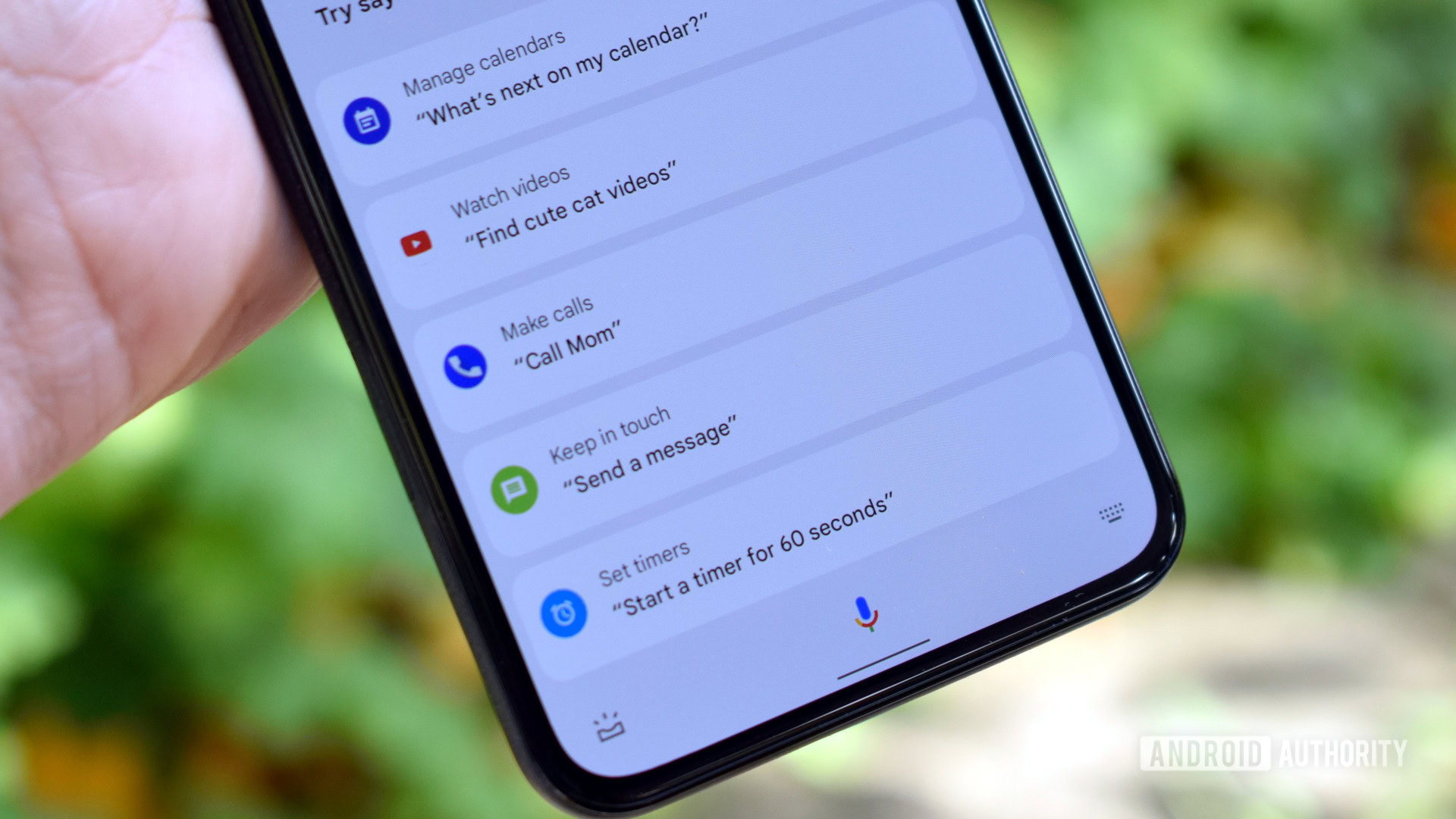
Google Assistant wins this one hands-down. Not only is it native to Android, but you can also use it to control apps and phone settings. If you’re lucky enough to live in the right place, you can let Duplex relieve some of the burdens of phone conversations. It’s still probably a better experience than Gemini, although that may change in the near future.
While you can install either Assistant or Alexa on most phones, including Apple products, Alexa never has much system-level control. It’s mostly just a way of managing your smart home and extending Amazon’s services beyond four walls. It’s indispensable if your house is full of Alexa speakers and accessories, but it can’t replace Assistant on Android, or Siri on an iPhone, for that matter.
Alexa vs Google Assistant FAQs
If you’re talking entirely about first-party hardware, the answer is Alexa. You can pair a couple of Echo speakers and/or an Echo Sub directly with a Fire TV device. Google hasn’t yet solved the problem of syncing its Nest speakers with Android TV or Google TV.
Third-party speakers make the situation a little more equitable, since there are high-quality options for both platforms, and you can often connect them with or without a first-party media streamer. In some cases, you may be able to switch between Alexa and Assistant.
We have a more thorough response to this question, but the quick answer is Google. By default, it doesn’t save any of your voice recordings to improve performance. Amazon requires you to opt out instead of in, and Alexa recordings may potentially be used in criminal cases. It should be noted that both companies work to minimize and anonymize the recordings testers hear, and offer options to delete recent activity. You can mute mic and camera input at any time.
Activity on on both platforms will influence the kinds of ads you’re targeted with elsewhere. Questions to Assistant are treated as if you’d entered them in Google Search, so if you ask about engagement rings, don’t be surprised to see wedding-themed ads the next time you open a web browser.
In our head-to-head article comparing Alexa, Google Assistant, Bixby, and Siri, it was Google Assistant that came out on top. Read it to find out why!
